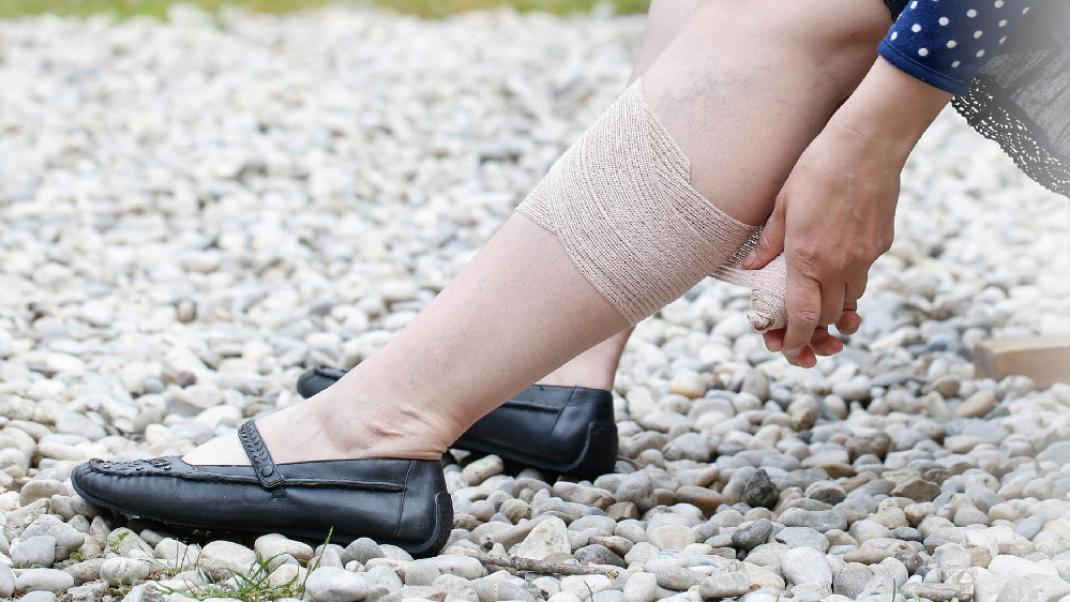
Edema is a condition characterized by swelling caused by an excess of fluids trapped in your body’s tissues. It can manifest at various times, in multiple locations, with differing symptoms. The swelling itself should not be considered a disease but is typically a sign of a more serious underlying condition.
There are a number of possible underlying causes associated with edema ranging from small to more serious conditions including:
Venous hydrostatic edema: This accumulation of excess fluid in the spaces between tissue cells results from increased capillary hydrostatic pressure.
Damaged or inadequate lymphatic system: The lymphatic system helps to remove excess fluid. When this system is damaged, the lymph vessels and nodes may not drain an area correctly resulting in swelling.
Kidney disease: Excess sodium and fluid in the circulatory system may result in edema of the legs.
Heart disease: When your heart loses the ability to pump blood effectively, blood can back up in the lower extremities causing edema.
Side effect of medication: Certain medications such as estrogens, steroid drugs, high blood pressure medication or certain diabetes medications, can lead to an increased risk of edema.
Pregnancy: During pregnancy, the body retains more fluid and sodium to support the fetus. Oftentimes this will result in swelling in the feet, ankles, and legs.
Cirrhosis of the liver: Fluid will often accumulate in the abdominal cavity and legs due to liver damage.
Allergic reaction: Most allergic reactions will result in some degree of edema. When exposed to an allergen, the body will allow the surrounding blood vessels to send the fluid into the affected area. This reaction can range from a swollen bug bite to the swelling of the tongue or throat which can impede breathing.
“Edema may be your body’s way of telling you that something is wrong”
The Center for Wound Healing, a member of the Healogics network, offers these tips to reduce the onset of edema:
- Avoid prolonged sitting, standing or crossing of legs
- Elevate legs above heart several times a day and whenever sitting if possible
- Wear compression stockings
- Exercise regularly
- Adopt healthy nutritional practices: minimize your daily salt intake
- Stop smoking
Edema may be your body’s way of telling you that something is wrong. If you are experiencing shortness of breath, chest pain, or difficulty breathing, seek medical attention right away. When left untreated edema can lead to painful swelling, decreased circulation, increased risk of infection in the affected area, stiffness, trouble walking, stretched skin, and an increased risk of skin ulcers. The quicker you are able to find the underlying cause of edema the quicker your body can begin to heal. The elimination of edema is a dramatic driver in decreasing overall recovery time.
For more information about living a healthy life and exercising with diabetes, contact the Center for Wound Healing at the Knox Medical Pavilion, 1451 Yauger Road, Suite 1C or 740.393.HEAL (4325).
Property of Healogics 1810.1
